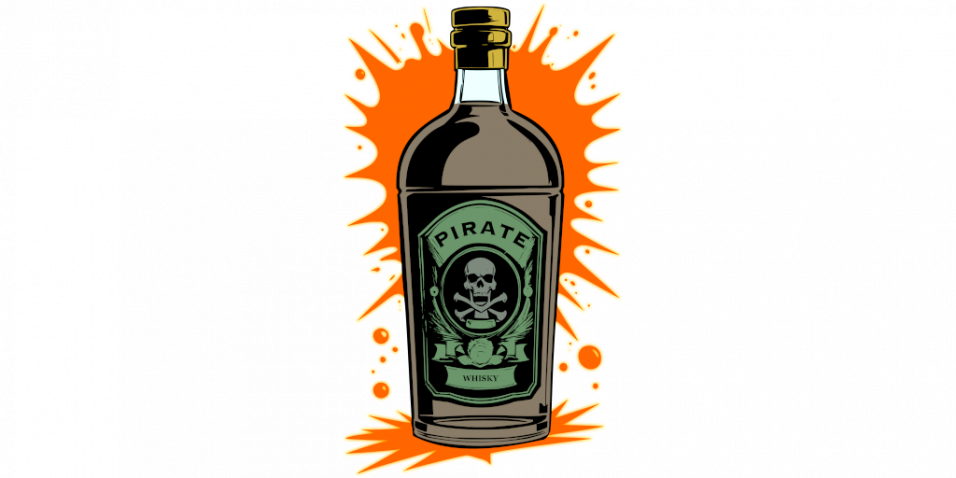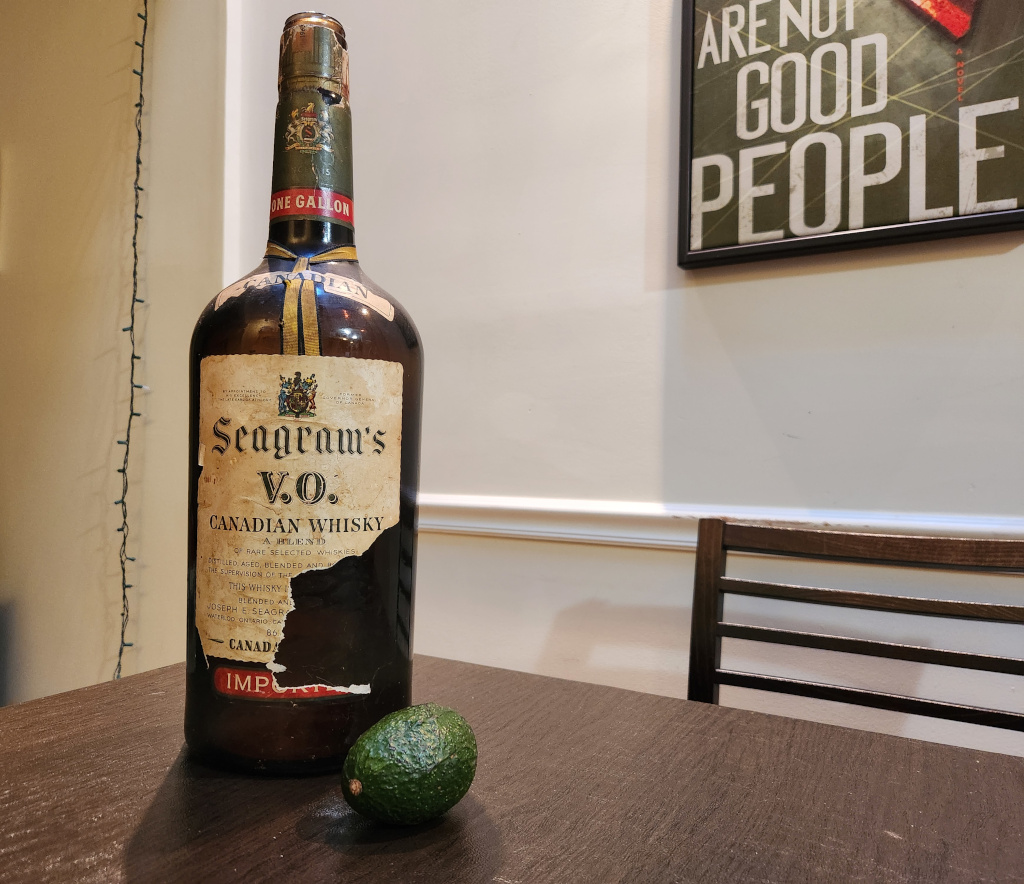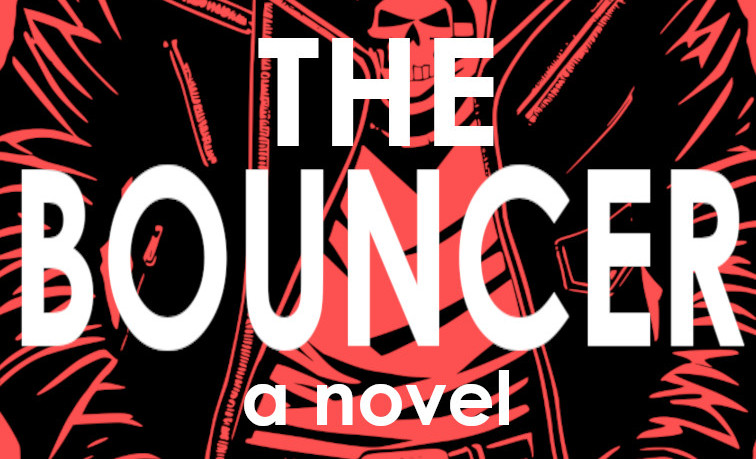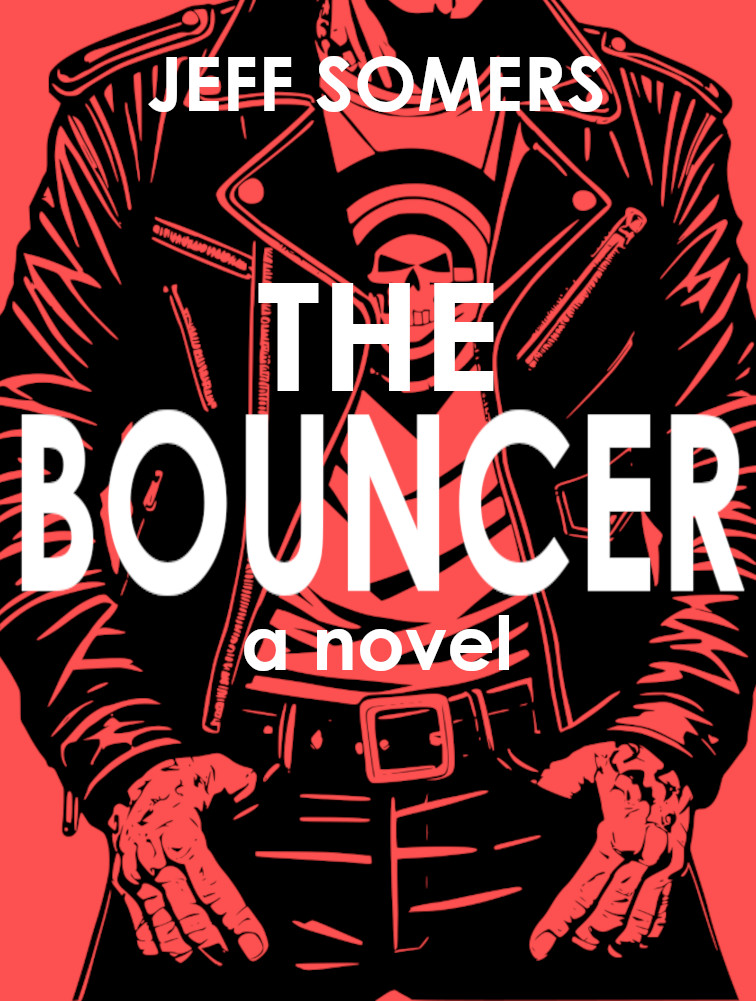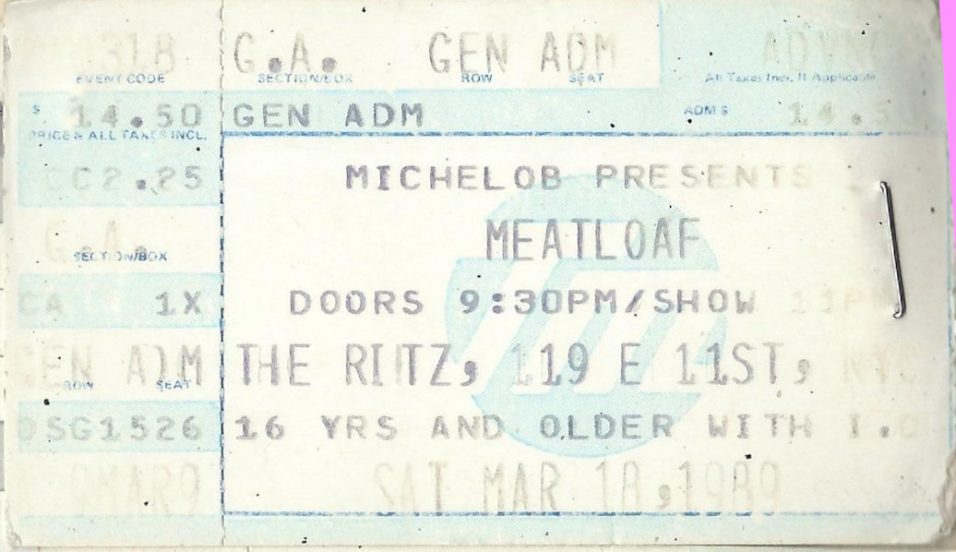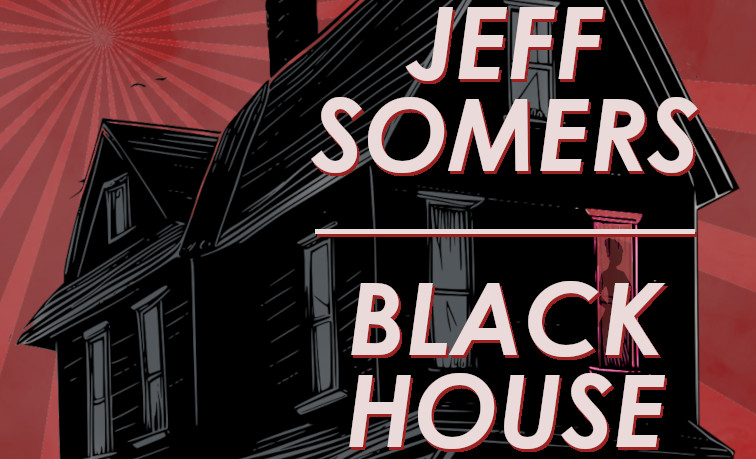Bar Paradise

Originally appeared in The Current, a former supplement to a former local newspaper in Hoboken, NJ, long ago in a more civilized age.
When you live in Hoboken, you either live there in spite of the ubiquitous bars, or you live there because of the bars. And there are a lot of bars, that’s for sure—wherever you live in Hoboken, you are within three blocks of a tavern of some sort. So you’re either sitting up late at nights with a shotgun across your knees, gritting your teeth in rage because of all the noisy drunkards screaming in the street, or you’re one of the screaming drunkards. Or, like me, you once were one of the screaming drunkards and look back on that time fondly, vomit and all.
Living here, therefore, you learn pretty quickly how to navigate the bars. It’s a survival skill. And the first thing you learn is that there are, fundamentally, two types of bars. There may be infinite sub-categories within, but every bar can be boiled down to one of these: Old Man Bars, and everything else.
The Old Man Bar is a phenomenon that crosses borders, cultures, and, apparently, time. Sometimes referred to with the misleading term ‘neighborhood bar’, the Old Man Bar is a simple concept: It’s that bar you walk into and stop three steps in because staring back at you, blank-faced with disdain, are men uniformly over the age of fifty (with a couple of possible exceptions). Instantly, you know you’re not supposed to be in this bar, and you get the heck out of it as quickly as you possibly can.
Of course, there are plenty of men over fifty who don’t spend their days in Old Man Bars, and plenty of people over fifty who quite happily hang out at bars you wouldn’t term “Old Man Bars”.? It’s not that all old men go to Old Man Bars, it’s that, invariably, Old Man Bars are peopled exclusively by old men. There’s nothing wrong with this, either, of course—live and let live, I say—but the fact is that if you aren’t already spending your time in an Old Man Bar, I know two things about you without having met you: One, you don’t want to be in an Old Man Bar, and two, the old men don’t want you in their bar either.
Aside from the unfriendly glares from the old men, you can tell an Old Man Bar from the uncannily consistent features it will sport:
1. It will be populated, but never crowded. There will be plenty of elbow room, and a sprinkling of patrons, most men over fifty—however, there may be one or two women, also over fifty, and even one or two of those old-before-their time younger men who have decided to get it over with and begin the serious business of drinking.
2. There will be a single pool table, much abused.
3. The jukebox will be playing something from 1973 when you walk in, and there won’t be an album more recent than 1980 on it.
4. There will be, at most, two beers on tap. It’s possible one of the taps won’t even work.
The best thing to do when you arrive inadvertently at an Old Man Bars to just back out silently and never return. Any instinct to be polite will not be appreciated, and will be uniformly painful for both sides. Besides, the bartenders in Old Man bars are usually bartenders by avocation, and any cocktail more complex than a Boilermaker will require a quick glance through a bartender’s handbook, not to mention a disdainfully raised eyebrow, so any request for a Cosmopolitan or a Dirty Martini will probably go unanswered.
No one knows, I don’t think, why this phenomenon is so common. Certainly a time comes when you’re too old for the crowded, loud, singles-oriented scene that most of Hoboken’s bars offer, but maybe you still want to meet friends for a drink once in a while, or every day, or just spend your time sopping up as much alcohol as possible before cirrhosis takes its toll We all probably have an Old Man Bar in our future at some point, when the music gets too loud, the air too smoky, and the crowd too young. We’ll wander onto the dimly-lit side streets of Hoboken, croaking out our mating call, eventually hearing an old song from our youth on the warm air. And when we trace it to its source, we’ll find the Old Man Bar of our future, sparsely populated by people who know the same trivia as we do, and there’ll be plenty of room at the bar, and no screaming kids ordering sweet mixed drinks, and the occasional entertainment of watching a group of youngsters stumble in, stop dead, and quietly back out with wide eyes and trembling lips.


